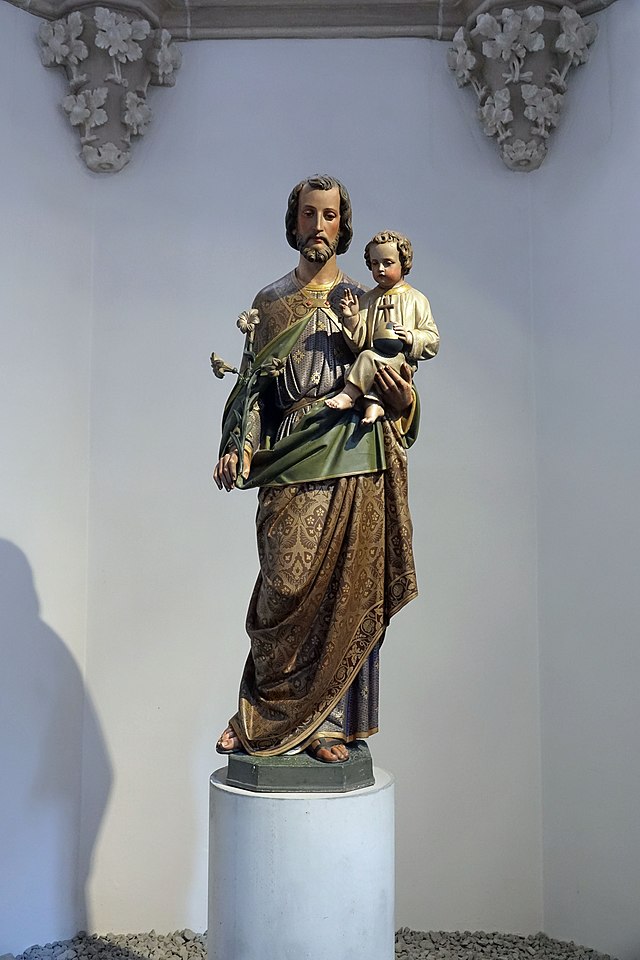By Petra Alexander
 September is the month when we celebrate Labor Day. Let’s look at what we can learn from the Church and St. Joseph, Patron Saint of Workers, about the value of work.
September is the month when we celebrate Labor Day. Let’s look at what we can learn from the Church and St. Joseph, Patron Saint of Workers, about the value of work.
For Catholics, to recognize the value of work is much more than to identify its contribution to the economy, or to the purchasing power of a society. In our faith, our work is directly connected to our relationship with God. In the book of Genesis, God manifests Himself by working on His creation; like a potter he continues to shape our being.
Work is one of the greatest achievements for Catholics because it identifies us with a God who transforms us and allows us to discover our gifts and put them in action. In one of the hymns of the Liturgy of the Hours, all the labor tools (such as the hammer and the wheel) sing while humans put them to use, but it is God, Himself, who continues His creation through our work.
Catholic social doctrine reflects extensively on how the force of sin has also profoundly affected the reality of work. The joy and satisfaction of work is mingled with sweat and tears, for its difficulty, sacrifice and costs, but also for the countless injustices that are intermingled: the risks, the unfair salary, the denial of rights, the abuses. Work is a place of struggle, of life and death. With tiredness and exhaustion, we approach death for others to live.
For the Church, work is also a complex scenario where the rights and dignity of the person are at stake, and the advocacy for workers’ rights is ongoing. The pandemic affected work in different ways: on the one hand, we value many “essential” workers, who dedicate their lives to sustain health, conduct scientific research, perform clinical care, provide cleaning services and grow and make our food.
But on the other hand, many people have experienced their jobs being taken away from them. Social peripheries are on the move: there are families who are anxious about the end of rent moratoriums, the cessation of unemployment benefits, or the continuing closure of their places of work. Young people find it more difficult to find a job that provides them self-sustenance.
The patronage of St. Joseph motivates us to strengthen a faith in action. St. Joseph assumed before God the responsibility of being a husband that provided, a father, a guide and mentor, since he taught Jesus his own trade.
Teaching the value of work to the new generations is not easy, especially when the work is surrounded by shadows and difficulties. Pope Francis’ Patris Corde Letter highlights work in the life of St. Joseph, and asks us this question: “How could we talk about human dignity without committing ourselves, so that each and every one would have the possibility of a dignified livelihood?”
In our Labor Day celebration, let’s show interest in the work of others. Let’s become acquainted with different realities of workers. Let’s investigate what changes there are in laws since the pandemic: in wages, in health care. The U.S. Department of Labor has abundant information on its websites on the impact of the pandemic and the applications of labor law.
If we know people experiencing difficulties or abuse in their work environments, we can encourage them to contact this number: EMPLEO Hotline (877) 552-9832.
As Pope Francis writes, “Let us implore Saint Joseph the worker to find ways that lead us to say: No young person, no person, no family without work!” (Patris Corde no. 6)
Petra Alexander is the Director of Hispanic Affairs for the Diocese of San Bernardino.